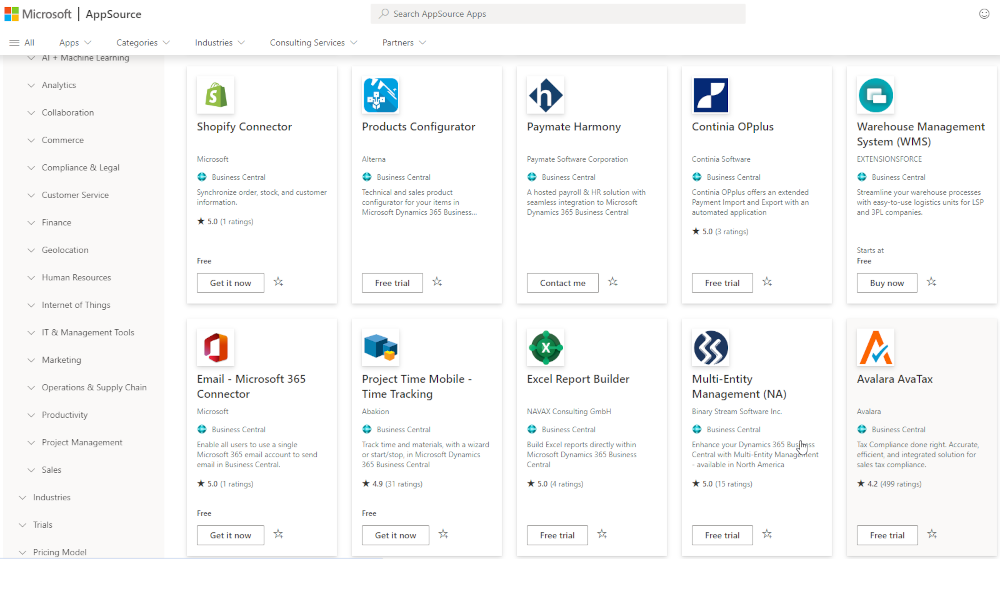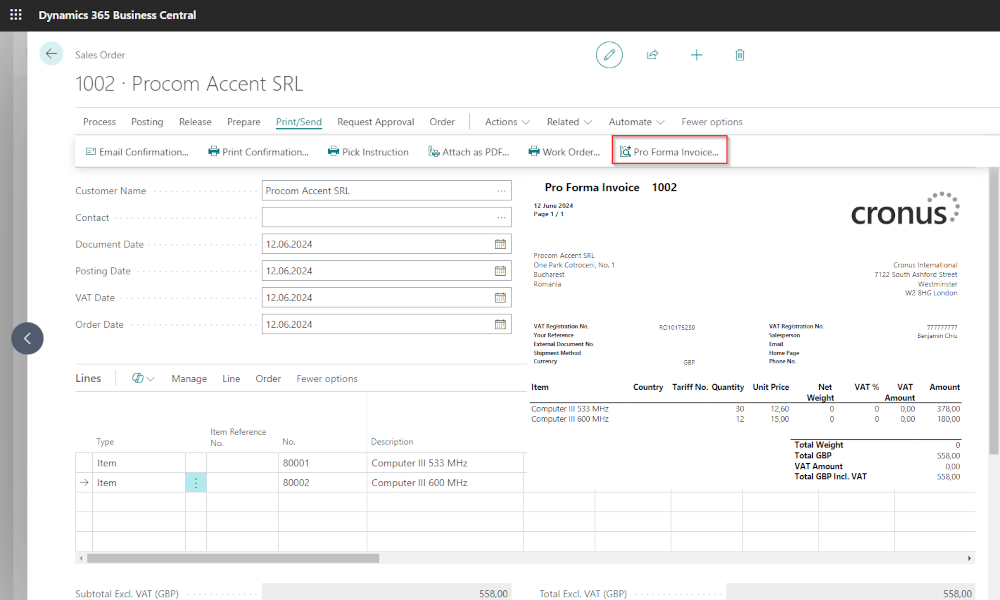Implementing an ERP system is a complex, challenging project, and success is never guaranteed. If you are considering implementing such a system, it is good to know what you can do to ensure a successful implementation. We will present some elements that can ensure success in implementing an ERP system. Note that will be mentioned only those over which you have direct control and which depend on you.
Clearly Defining Business Requirements – The Request for Proposal
It is very important to know from the beginning what you want from an ERP system. The best way is to create a detailed request for proposal containing the minimum requirements for an ERP. When writing the requirements, avoid vague formulations. For example, if you want accounting analysis reports, a phrase like “the system should provide all accounting analysis reports” leaves room for interpretation. It is better to say: “the system should provide at least the following accounting analysis reports: Balance Sheet, Profit and Loss Statement, Cash Flow Statement.”
To prepare a request for proposal, consult with all those who will use the future system – company management, department heads, and those who will perform daily operations and work with the system every day.
Choosing the Right Provider and ERP System
A well-prepared request for proposal will help you choose the provider and the ERP system. We mention them together because the software solution itself cannot do much if the provider does not know how to make it work for you. You may have to choose between a very good ERP solution that meets the requirements but whose implementer has no experience in your field, and another implementer with a less performant ERP system but who has excellent references in your field.
Regarding the ERP system itself, if you have a well-prepared request for proposal, it will be relatively easy to make the selection during a product demonstration, where the provider will try to show how each requirement will be met. With very specific and to-the-point requirements, it will be easy to see if the ERP can or cannot meet the needs.
However, be careful with customizations – modifications to the standard solution. It is unlikely that customizations will not be necessary, as every business has its specifics, but if the degree of customization exceeds a certain threshold, the risks of implementation increase significantly. Therefore, when discussing with the provider, try to determine the extent of customizations from the beginning. It is best to customize where it is absolutely necessary and, if you can adapt your business processes to the ERP system’s way of working, it is good to do so.
Support and Involvement of Management
ERP implementation is a project for which, above all, you are responsible. The ERP provider can do an exemplary job, but if there is no involvement on your part, the project has little chance of success, and if it does not succeed, the business will certainly suffer.
You will need to appoint a project manager who has the full support of the company’s management and who can allocate the company’s resources. The most challenging resource to find is your people’s time. The problem is that, in addition to their current activities, they need to participate in the implementation at various stages.
Ensure that the people involved in the project have the time and energy needed for the project and that it is not something always left behind. The involvement of your people in the project is not constant throughout the project but more intensive in some stages, and you need to consider this aspect as well.
Scope of the Project – Less is More at the Beginning
Most of the time, when an ERP implementation is desired, expectations are very high. Somehow they are also cultivated by some ERP providers who, during the sales process, always say how simple and easy it will be with the new system and that everything will be “one click away.” Well, few things in an ERP implementation are one click away.
Sure, you want a lot from the new system, but the complexity of the implementation is always underestimated, so you should always ask yourself if you can manage so many new things all at once. There have been many situations where, even if the provider managed to deliver everything requested, the users did not use what was delivered or started using it much later.
It is wiser to start the implementation only with what is strictly necessary, leaving for later those functionalities you want from the system but are not critical and can be implemented at a later stage.
Change Management
An ERP implementation is not just a simple installation of new software but involves a fundamental change in how things are done in a company. There will certainly be inertia, resistance to change, and a period during which things will go worse before they get better.
To make the transition from the old way of doing things to the new one as smooth and short as possible, ensure that you negotiate enough time in the ERP project for training people so they can become familiar with the new way of working. The testing phase, which takes place just before the actual work with the system begins, is also a very good opportunity to understand how the new business processes will unfold.
Also, try to explain as best as possible to users what the benefits of the new ERP system are because, at the beginning, almost no one perceives the benefits, only the costs. If you do not succeed in “selling” the solution to your employees, it will be much harder.
As mentioned at the beginning of this article, we only reviewed those elements of an ERP implementation that you can control or significantly influence, but they alone cannot ensure the success of the implementation. On the other side is the implementer, who must also demonstrate involvement and professionalism.
Elian Solutions is part of the Bittnet Group, active for over 15 years as an implementer of the Microsoft Dynamics 365 Business Central ERP system. With a team of over 70 employees and a portfolio of over 250 clients, Elian Solutions is one of the key Microsoft partners for ERP systems.







